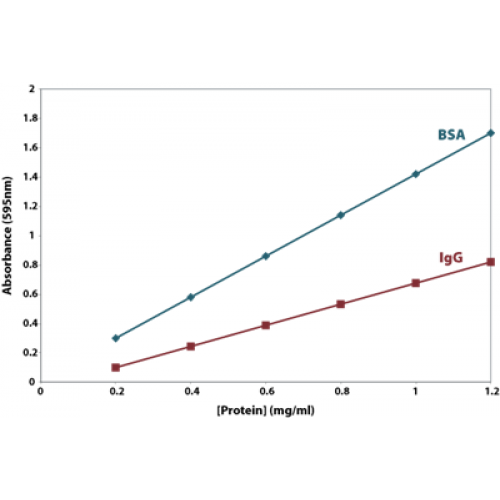The p53 gene is a tumor repressor gene responsible for regulating cell replication cycle to prevent them from growing and proliferating too fast. Additionally, it also induces programmed cell death (apoptosis) in irreparable cells to inhibit the development, growth, and proliferation of tumor cells.
The p53 gene also goes by some other names and is widely known as tumor protein 53 (TP53), cellular tumor antigen 53, antigen NY-CO-13, phosphoprotein p53, and transformation-related protein 53. It is also known as the “guardian of the genome,” since it helps preserve the integrity of DNA despite being subjected to oxidative stress, genotoxic insults, and ionizing radiation.
How Does P53 Help Prevent Cancer?
Basically, the p53 gene and its protein significantly slow down the replication of damaged cells, giving them the chance to repair their DNA and prevent them from passing the altered DNA to their daughter cells. However, if the cells are beyond repair, the p53 gene then codes for proteins designed to induce apoptosis.
Moreover, the gene also performs several other functions which include the following:
- It acts as a transcriptional factor that allows for the regulation of several intracellular pathways responsible for cell survival, DNA repair, senescence, and apoptosis.
- It regulates cell metabolism and cell response to oxidative stress.
Evidently, the p53 gene plays a critical role in arresting cancer, but once it mutates, it may also be responsible for the development of cancer. In fact, mutations in the p53 gene account for more than 50% of cancers.
What Happens When P53 Mutates?
While other tumor-suppressing genes (e.g. APC, BRCA1, RB, VHL) are inactivated by deletions or truncating mutations (which lead to reduced or loss of expression of their proteins), p53 undergoes missense mutation (mutation wherein a single nucleotide is replaced by another causing it to code for an entirely different amino acid) and produces full-length, stable mutant p53 proteins under adverse conditions.
Generally, these mutations are triggered by several factors, which may include the presence of known carcinogens (e.g. dietary aflatoxin B1, tobacco smoke, UV light, radiation, etc.) and other unknown toxins in the environment.
Once inactivated (mutated), the p53 gene does not only lose its tumor-suppressing abilities. It also gains oncogenic functions or “gain-of-functions” that facilitate and sustain the growth and development of cancer cells. Specifically, mutated p53 genes can:
- Regulate metabolism to favor cancer cells over normal cells
- Promote the growth and enhance the spread of tumor cells (metastases)
- Inhibit apoptosis of cancer cells
- Induce genomic instability
- Confer resistance to cancer drugs
What Cancers Are Associated with p53 Mutations?
Mutations in the p53 gene can cause different types of cancers, which may include the following:
- Adrenocortical carcinoma
- Brain cancer
- Bladder cancer
- Breast cancer
- Cancer of the bone (osteosarcoma) and muscle (myosarcoma)
- Colorectal cancer
- Head and neck squamous cancer
- Liver cancer
- Lung cancer
- Ovarian cancer
- Pancreatic cancer
- Prostate cancer
As mutations in the p53 gene may occur in different locations within the coding sequence and at different stages of cancer progression, the gene may also have a different effect in the malignant transformation process.
Mutations can occur at the early stages as in the case of astrocytoma, Barrett esophagus (BE), ductal carcinoma in situ (DCIS), and liver cancer.
It can also occur during the more advanced stages of cancer as in the case of colorectal cancer (p53 is inactivated as the damaged cells transition from late adenoma to carcinoma), pancreatic cancer (p53 gene is lost in the late stages of pancreatic neoplasia), and breast cancer (p53 mutations are rarely seen in T1 stage tumors but are more frequent in T3 stage tumors). Several other types of cancer (e.g. bladder cancer, prostate cancer, hepatocellular carcinoma) also exhibit the same aberrations.






